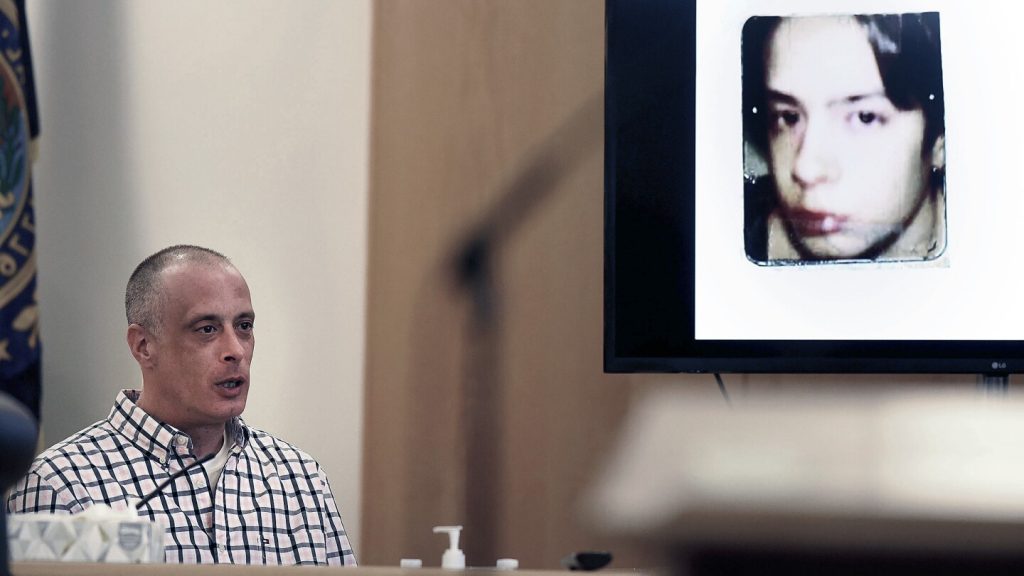In a landmark case in Brentwood, New Hampshire, jurors heard closing arguments in a lawsuit seeking to hold the state accountable for abuse at its youth detention center. The plaintiff, David Meehan, alleged that he was brutally beaten, raped, and held in solitary confinement at the Youth Development Center in the 1990s. His lawyer argued for an award of upwards of $200 million, citing the state’s negligence that fostered a culture of abuse. To date, 11 former state workers have been arrested, and over 1,100 former residents have filed lawsuits alleging physical, sexual, and emotional abuse spanning six decades.
The state’s lawyer countered the claims, stating that Meehan’s case relied on conjecture and speculation, with zero liability should be assigned to the state. She argued that there was no evidence of a widespread culture of abuse at the facility, and that there was no indication that higher-level state officials were aware of the alleged abuse. Meehan, on the other hand, recounted his traumatic experiences during his time at the center, including being violently raped at age 15. His attorneys called witnesses who supported his claims and highlighted the pervasive brutality and corruption at the facility.
Throughout the trial, Meehan’s credibility was called into question by the state’s attorneys, who portrayed him as a violent child who continued causing trouble at the center and a delusional adult exaggerating or lying for financial gain. The attorney general’s office was in the unique position of defending the state in the civil lawsuits while prosecuting suspected perpetrators in criminal cases. The state attempted to undermine Meehan’s credibility by pointing out inconsistencies in his testimony and medical records.
As the trial concluded, the state’s lawyer reminded jurors of inconsistencies in Meehan’s account, such as a groin injury sustained during a football game in 1998, which contradicted his claim of being knocked unconscious and raped on an athletic field. The attorney questioned the feasibility of multiple staffers coordinating a cover-up of the alleged crime and emphasized the lack of efficiency and organization in governmental agencies. Meehan’s attorney, however, pointed out the promotion of a staffer despite recommendations for his termination, highlighting the state government’s denial and entitlement.
The jury is set to begin deliberations following instructions from the judge, who presided over the trial. The outcome of this case could have significant implications for holding the state accountable for abuse at youth detention centers and providing justice for victims of such abuse. The trial shed light on the complex dynamics of civil lawsuits against the state and the challenges of proving allegations of abuse that occurred decades ago. The decision will have lasting effects on the survivors of abuse at the Youth Development Center and may set a precedent for future cases against similar institutions.


